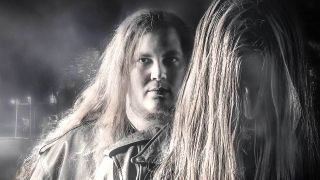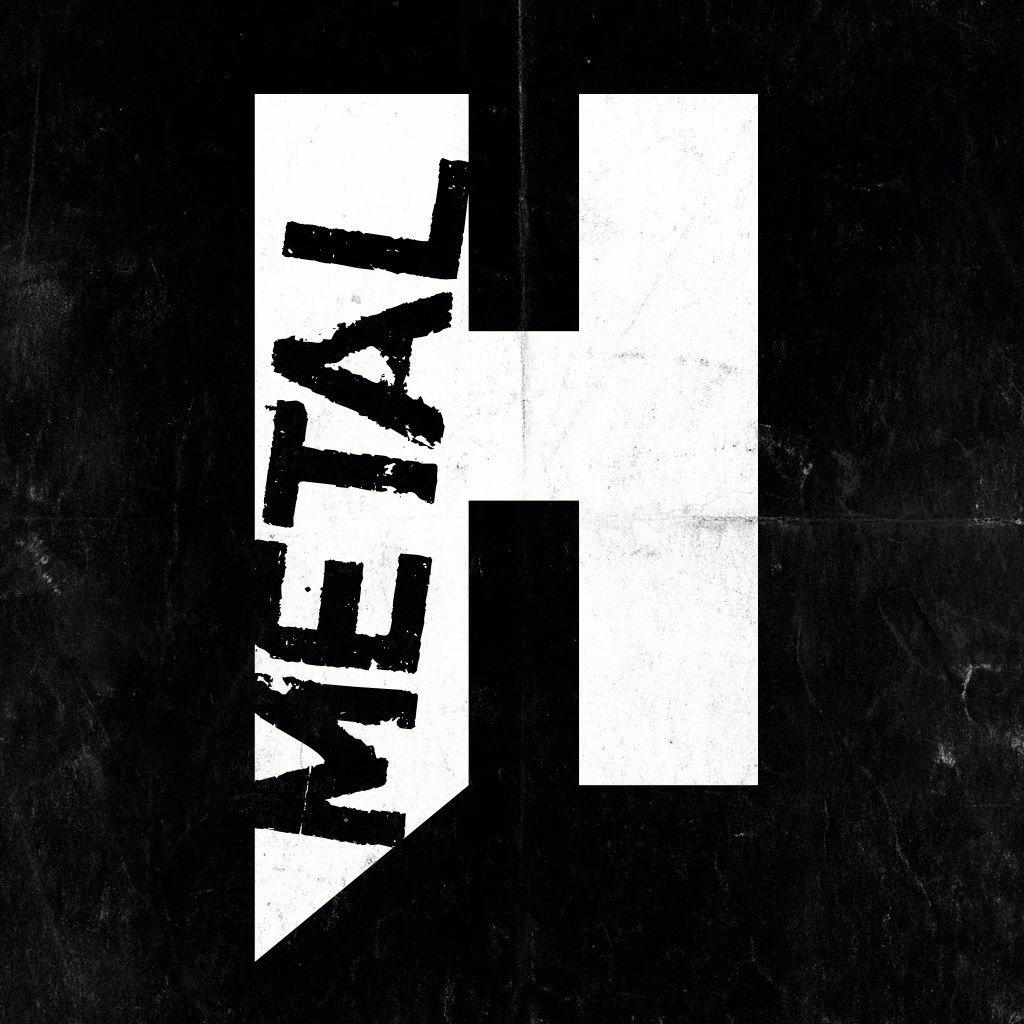Suicide occupies a large place in my mind and heart. It happened in my family, it happened in my circle of friends, and it accompanies me every day. I often feel… that way…”
Music remains one of our most powerful tools for dealing with dark and depressive thoughts. In the case of two-man Austrian black metal project Harakiri For The Sky, it has resulted in a triumvirate of soul-stirring, ambient metal records that culminated in last year’s stunning III: Trauma – an album steeped in melancholic reflection, shimmering post-metal soundscapes and occasional bursts of blistering noise. While the post-black metal genre is in rude health right now, Harakiri mainman M.S., who handles all instrumentation, while vocalist J.J. tackles growling duties, is keen to distance himself from any potential ‘cool points’ that the tag might currently attract.
“I’m influenced by bands like Woods of Desolation, Drudkh and Totalselfhatred,” he muses. “There are bands that label themselves as ‘post-black metal’ because it’s apparently trendy right now. They used to make hardcore two years ago, now they’re trying out black metal, and they’ll probably do something different when the next wave arrives. That’s fine for me; I just prefer to make music I like and can identify with, no matter if it’s popular or not.”
A noble motto, and perhaps part of the reason why, even in a scene that has recently birthed outstanding efforts by the likes of Ghost Bath and Alcest, Harakiri For The Sky are garnering some serious attention from underground aficionados and black metal hipsters alike – even if M.S. is probably less enthralled with attention from the latter.
“To be honest, I’m very much into post-black metal, but there are too many bands that neither know where black metal comes from, nor have listened to good post-rock bands!” he adds. “They know how to handle a digital delay pedal, but that’s about it. They are maybe technically good, but they don’t get the point. I really like Deafheaven and some of the current bands, but I can give no account of where all this fame and popularity for that scene comes from.”
As for the seemingly morbid nature of Harakiri’s lyrics, which focus on suicide, estrangement and broken relationships, the band have simple answers.
“To be blunt, I write depressive lyrics because I’m a depressive guy,” offers J.J. “This world is a fucked-up place, and I’m not happy with the track it follows.”
“Are we obsessed with death? ‘Obsessed’ is the wrong word,” M.S. muses. “But death is present every day, and we also we will end up dead sooner or later, so why not deal with it?”
If dealing with it means producing music this good, may we all continue to confront the Dark Passenger.


